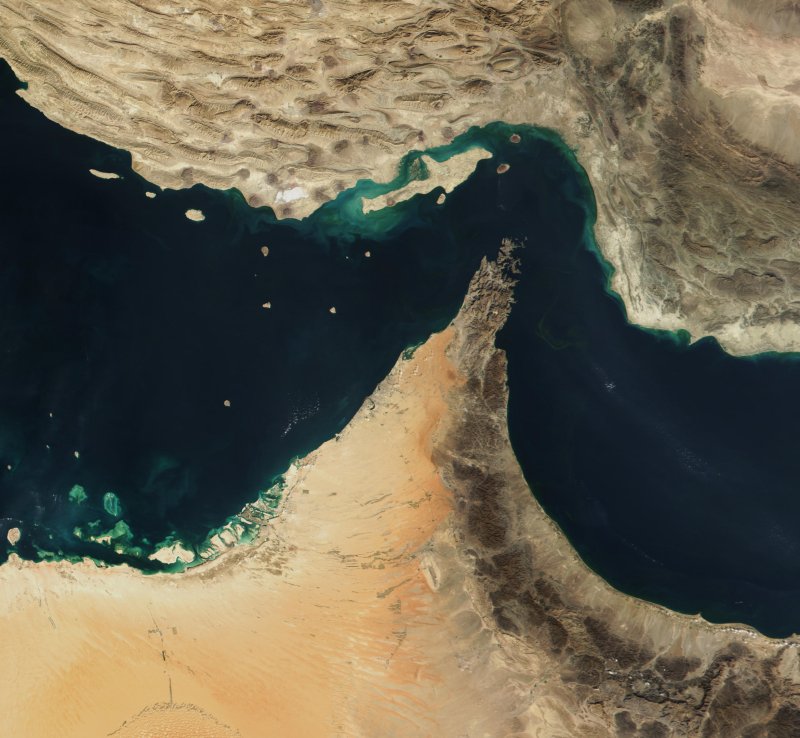
Introduction
The Strait of Hormuz is a narrow waterway connecting the Persian Gulf to the Gulf of Oman, playing a critical role in international trade. Approximately 20% of the world’s oil supply passes through this strategic strait, making it one of the most important maritime chokepoints globally. Recent tensions in the region have underscored the Strait’s significance, raising concerns about the security of global oil supplies and international economic stability.
Current Events and Recent Developments
In 2023, geopolitical unrest has escalated in the region, largely driven by ongoing conflicts involving Iran and its neighboring countries. The Iranian government has threatened to disrupt maritime traffic in the Strait as a show of strength against perceived adversaries, including the United States and its allies. This increase in military activity around the Strait has sent shockwaves through oil markets, leading to price fluctuations and fears of supply shortages.
In response to these threats, several nations have heightened their naval presence in the Gulf, aiming to secure shipping lanes and deter hostile actions. The United States has increased patrols and conducted joint military exercises with regional allies to signal its commitment to protecting the vital trade route. Additionally, European nations have expressed their support for a multinational maritime security framework to ensure safe passage through the Strait.
Economic Implications
Any disruption in the Strait of Hormuz could have far-reaching economic impacts, not just for oil-importing countries but for the global economy as a whole. Analysts predict that sustained tension in the region could lead to higher oil prices, increased energy costs, and inflationary pressures worldwide. Countries heavily reliant on oil imports are especially vulnerable, and businesses may find themselves adjusting to fluctuating energy prices.
Conclusion
The Strait of Hormuz remains a crucial point for the stability of global oil markets, and its significance extends beyond mere geography. As geopolitical tensions evolve, it is essential for global leaders to pursue diplomatic solutions that prioritize the safe passage of maritime traffic. The significance of maintaining stability in this critical waterway cannot be overstated, as it holds the key to economic stability for numerous countries dependent on oil imports and international trade. Ongoing dialogues and cooperative security measures will be fundamental in mitigating risks and ensuring the strait remains open for future generations.



